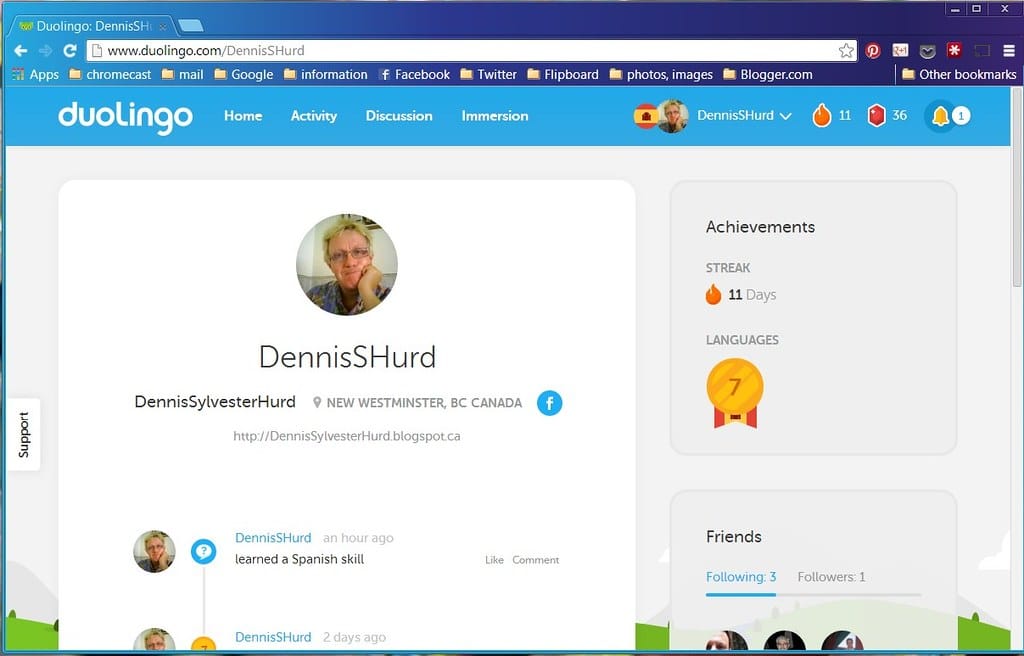Duolingo's Stock Nosedives 20% as AI-First Strategy Backfires with Users
Language learning giant Duolingo saw its stock price tumble more than 20% this week following disappointing quarterly results that revealed slowing user growth and declining engagement metrics. The dramatic decline appears linked to growing user frustration with the company's aggressive push toward AI-powered features, raising critical questions about the balance between technological innovation and user experience.
The Numbers Tell a Sobering Story
Duolingo's latest earnings report painted a concerning picture for investors. Daily active users grew just 12% year-over-year, marking the slowest growth rate in over two years. More troubling, the company reported a 15% decrease in lesson completion rates and a notable uptick in user churn, particularly among its most engaged learners.
The Pittsburgh-based company, which has built its reputation on making language learning accessible and engaging, now finds itself grappling with an unexpected backlash against its "AI-first" product strategy announced earlier this year.
When Innovation Meets User Resistance
Duolingo's pivot toward artificial intelligence was meant to revolutionize personalized learning. The company introduced AI-powered conversation partners, automated lesson generation, and predictive learning paths designed to adapt to individual user needs. CEO Luis von Ahn championed these features as the future of education technology.
However, user feedback suggests the implementation has been problematic. Social media platforms and app store reviews are flooded with complaints about the AI features feeling "cold," "impersonal," and "glitchy." Many long-time users report that the AI-generated content lacks the charm and cultural context that made Duolingo's original lessons compelling.
"The AI conversations feel like talking to a robot, which I guess they are," wrote one Reddit user in a thread that garnered thousands of upvotes. "I miss the quirky sentences and the personality that made learning fun."
The Competitive Landscape Shifts
While Duolingo struggles with its AI transition, competitors are capitalizing on the opportunity. Babbel reported a 35% increase in new subscribers last quarter, while newcomer Speakly has seen explosive growth by emphasizing human-curated content and community features.
Industry analysts note that Duolingo's challenges reflect a broader trend in EdTech, where companies rushing to integrate AI often overlook the importance of maintaining human connection in learning experiences.
"There's a difference between using AI to enhance education and replacing the human elements that make learning engaging," explains Dr. Sarah Chen, an educational technology researcher at Stanford University. "Duolingo seems to have swung too far toward automation."
User Acquisition Costs Skyrocket
The company's pivot has also impacted its marketing efficiency. Duolingo's customer acquisition costs have increased by 40% as the company struggles to retain new users who are put off by the AI-heavy experience. Traditional word-of-mouth marketing, long a strength for the platform, has weakened as satisfied users become less likely to recommend the app.
The financial implications extend beyond user numbers. Duolingo's premium subscription conversion rate has dropped to 6.2%, down from 8.1% in the same period last year, suggesting that users are less willing to pay for features they find impersonal or frustrating.
The Road to Recovery
Despite the current challenges, analysts aren't writing off Duolingo entirely. The company's strong brand recognition, extensive language catalog, and proven track record of iteration suggest a potential path forward.
Recent signals indicate management may be reconsidering the AI-first approach. In response to user feedback, Duolingo has quietly begun testing hybrid models that blend AI efficiency with human-crafted content. The company has also announced plans to hire additional content creators and linguists, suggesting a renewed focus on quality over automation.
Key Takeaways for the EdTech Industry
Duolingo's stumble offers valuable lessons for the broader educational technology sector. The incident underscores several critical points:
First, user experience should drive technology adoption, not the reverse. While AI can enhance learning, it cannot replace the emotional connection and cultural nuance that effective education requires.
Second, gradual implementation often succeeds where wholesale changes fail. Users who have invested time and emotional energy in a platform resist sudden, dramatic shifts in experience.
Finally, the episode demonstrates that in education technology, the human element remains irreplaceable. As the industry continues to evolve, successful companies will be those that use AI to augment human creativity and connection, rather than replace it entirely.
For Duolingo, the path forward likely involves finding the right balance between technological innovation and the playful, human-centered approach that originally made it a phenomenon. Whether the company can execute this pivot successfully will determine not just its stock price, but its long-term relevance in the competitive language learning market.

